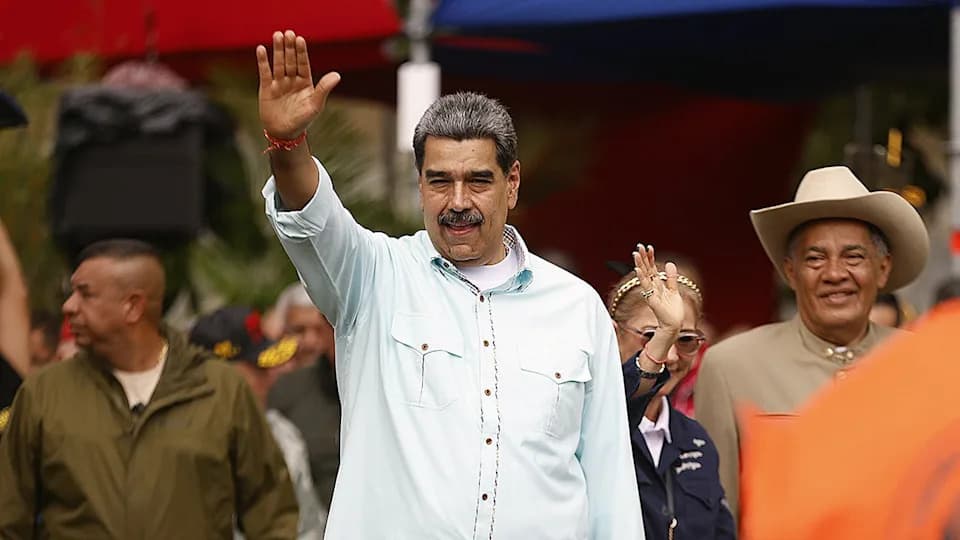Wilmer "Pipo" Chavarria was arrested in Malaga in a joint Spanish-Ecuadorian operation after allegedly faking his death in 2021 and relocating to Spain. He is accused of leading Los Lobos, a U.S.-designated criminal network linked to assassinations, prison violence, drug trafficking and illegal gold-mining extortion. The arrest comes amid a national referendum on permitting foreign military bases to bolster anti-drug cooperation. Authorities say the case highlights Ecuador's recent spike in gang violence and transnational trafficking activity.
‘Pipo’ Arrested in Malaga After Faking Death — Alleged Leader of U.S.-Designated Gang Los Lobos Captured
Alleged Los Lobos leader detained in Spain after staging his death
One of Ecuador's most-wanted figures, Wilmer Chavarria — known by the alias "Pipo" — was arrested Sunday in Malaga in a joint operation with Spanish police, Ecuadorian President Daniel Noboa said. Spanish National Police posted an image on X showing Chavarria in a black-and-green tracksuit being escorted to a patrol vehicle.
Authorities say Chavarria allegedly faked his death in 2021 amid the COVID-19 pandemic, obtained a falsified identity and relocated to Spain. From there, investigators contend, he coordinated drug shipments, ordered killings and ran extortion schemes targeting gold-mining operations in Ecuador.
Who are Los Lobos?
Chavarria is accused of leading Los Lobos, a criminal network U.S. officials recently designated as a terrorist organization. Ecuadorian and U.S. authorities estimate the group fields roughly 8,000 fighters and has been linked to political assassinations, deadly prison riots, drug trafficking and cooperation with Mexico's Jalisco New Generation Cartel.
U.S. sanctions imposed last year singled out Los Lobos and publicly identified Chavarria as a target. Ecuadorian police have also arrested other senior figures this year, including Carlos D. (alias "El Chino"), described as the group's second-in-command, who was detained in Portoviejo.
Wider security context
Once considered one of South America’s more peaceful countries, Ecuador — a nation of about 18 million people — has seen a sharp surge in homicides and violent crime as it became a key transit route for cocaine from Colombia and Peru. Rival trafficking groups have attacked presidential hopefuls, municipal officials and journalists while fighting for control of ports and coastal cities.
Chavarria's capture comes as Ecuadorians vote in a four-part referendum that includes a proposal to allow foreign countries to operate military bases on Ecuadorian soil. President Noboa has argued that the constitutional amendment would strengthen anti-drug cooperation with partners such as the United States and increase pressure on trafficking networks.
Recent high-profile cases underline the volatility: in June authorities recaptured Adolfo Macías, leader of Los Choneros, after his escape from a maximum-security prison; Macías was extradited to the United States in July to face multiple drug- and firearms-related charges. U.S. officials say Los Lobos emerged from a faction of hitmen within Los Choneros after a 2020 leadership assassination.
Note: Many details in the investigation are described by authorities as allegations and remain subject to confirmation in court.
Help us improve.




























